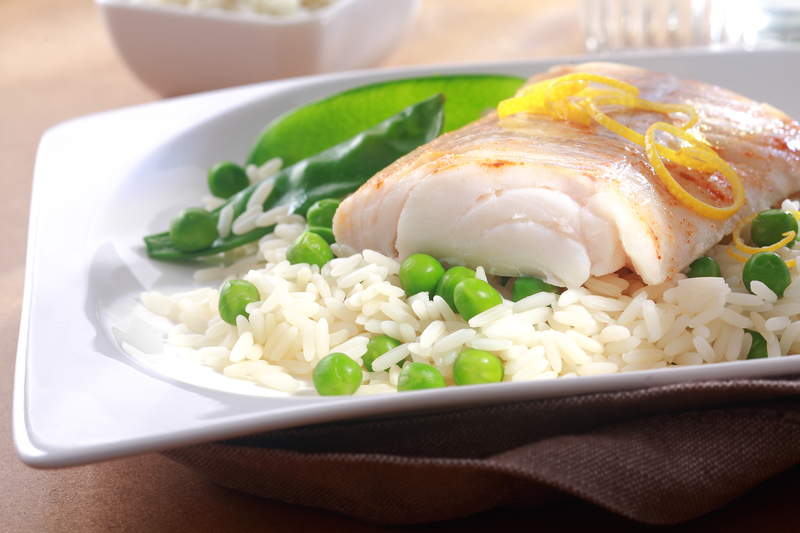 Baking fish is a healthy and delicious way to prepare this nutritious protein source.
Baking fish is a healthy and delicious way to prepare this nutritious protein source.
However, many home cooks have faced the frustrating problem of their fish turning dry and flavorless in the oven.
If you’ve ever wondered how to keep your fish moist and tender while baking, you’ve come to the right place.
In this article, we’ll explore some effective techniques and strategies on how to prevent fish from drying out during baking
Understanding the Challenge
Before we dive into the solutions, it’s essential to understand why fish often dries out during baking.
Fish is a delicate protein that can easily overcook, leading to dry and unpalatable results.
Here are some factors contributing to the drying out of fish
- Thinness of Fish
Thin fillets or fish steaks can cook quickly and easily dry out, making them more susceptible to overcooking.
- High Oven Temperature
Baking at too high a temperature can cause the fish to cook too quickly, leaving insufficient time for moisture to be retained.
- Lack of Moisture
Insufficient moisture or a dry cooking environment can lead to fish losing its natural juices.
- Overcooking
One of the most common mistakes is overcooking fish, as it can change from tender and moist to tough and dry within minutes.
Now, let’s explore how you can protect your fish from drying out during baking.
Choosing the Right Fish

- Opt for Thick Cuts
Choose thicker fish cuts or whole fish, like salmon, cod, or halibut.
These thicker pieces are less prone to drying out compared to thin fillets.
- Skin-On Fish
Cooking fish with the skin on helps retain moisture and adds flavor.
The skin acts as a natural barrier, preventing the fish from drying out.
Preparing Your Fish
- Season and Marinate
Season your fish with salt, pepper, and your favorite herbs and spices.
Marinating it for 15-30 minutes before baking can infuse flavor and add moisture.
- Brush with Oil
Lightly brush the fish with olive oil or a similar cooking oil before baking.
This helps lock in moisture and prevents the fish from sticking to the baking dish.
Baking Techniques

- Use Parchment Paper
Line your baking dish with parchment paper to create a barrier between the fish and the hot surface.
This prevents the fish from sticking and losing moisture.
- Low and Slow
Bake your fish at a lower temperature (around 350°F/175°C) for a longer time.
This slow cooking method ensures the fish cooks evenly and retains its moisture.
- Foil Packets
Create individual foil packets for your fish with a bit of liquid, such as white wine, lemon juice, or broth.
Seal the packets tightly before baking to trap steam and moisture inside.
Monitoring Doneness
- Invest in a Meat Thermometer
To avoid overcooking, invest in a meat thermometer and cook fish until it reaches an internal temperature of 145°F (63°C) in the thickest part.
- Keep an Eye on Cooking Time
Be vigilant and check your fish regularly.
It’s better to slightly undercook it and let it rest, as residual heat will continue cooking it after removal from the oven.
Bottom Line – How to Prevent Fish from Drying Out During Baking
 Baking fish can be a flavorful and healthy culinary adventure when done right.
Baking fish can be a flavorful and healthy culinary adventure when done right.
By choosing the right fish, preparing it properly, employing baking techniques that preserve moisture, and monitoring the cooking process carefully, you can ensure that your fish remains moist and delicious.
With these tips and tricks, you’ll never have to worry about dry, overcooked fish again, and you’ll be able to enjoy this nutritious protein in its full, succulent glory.


